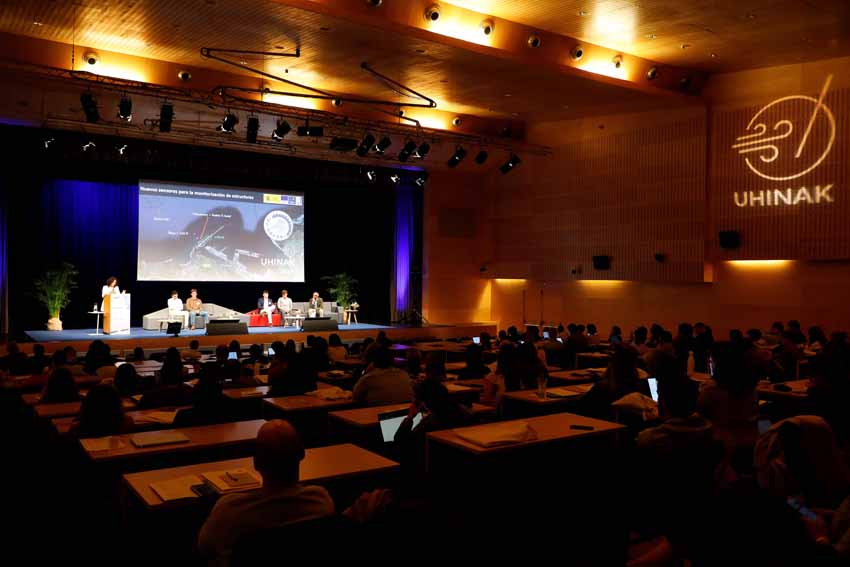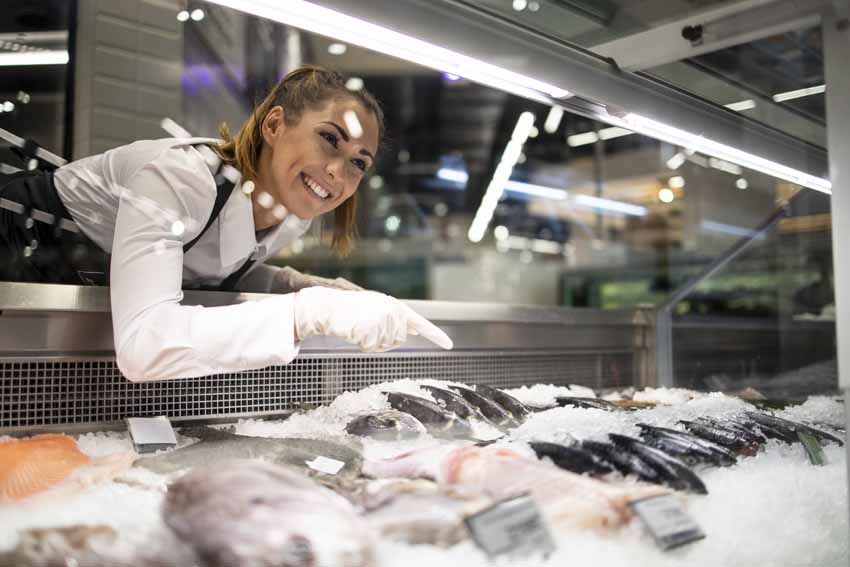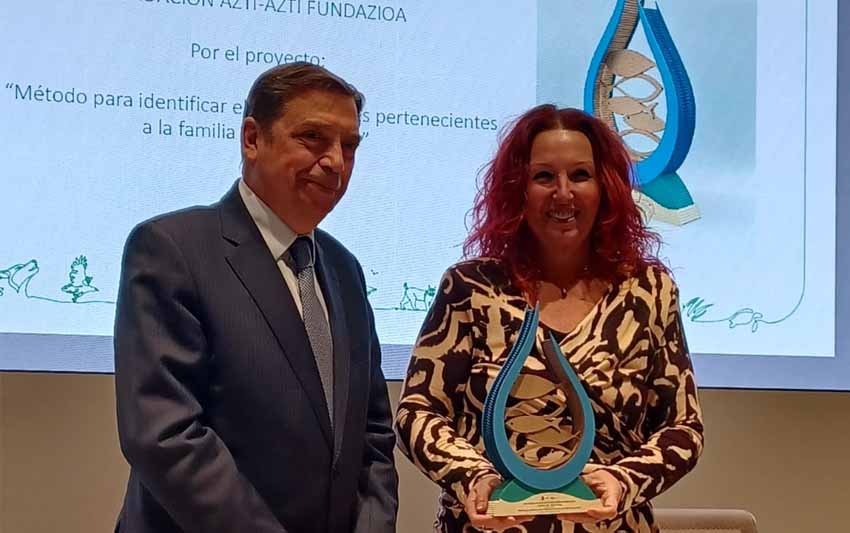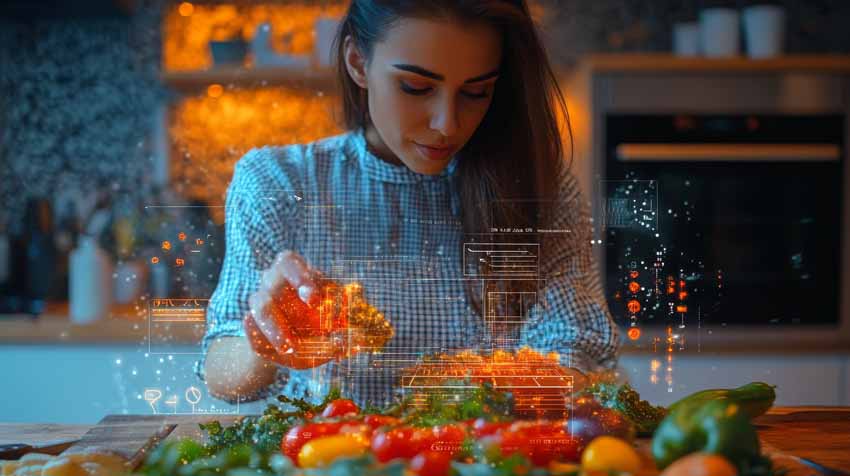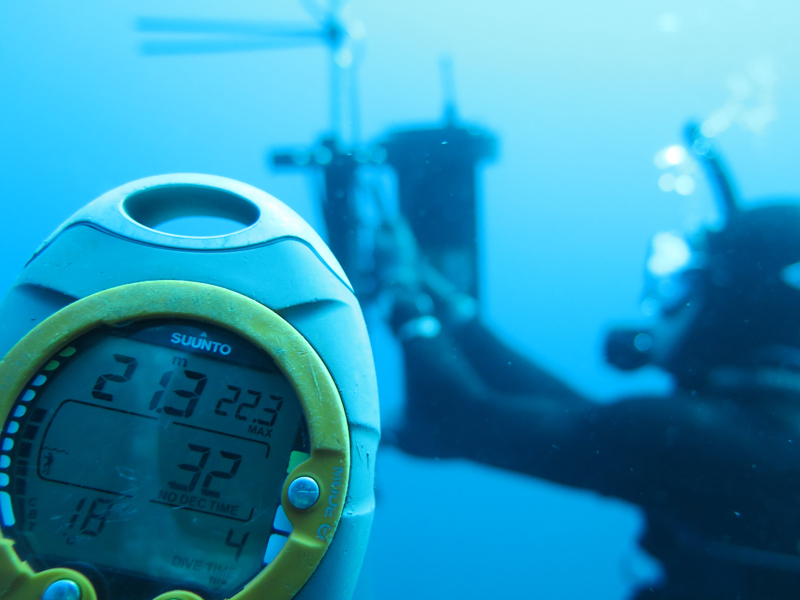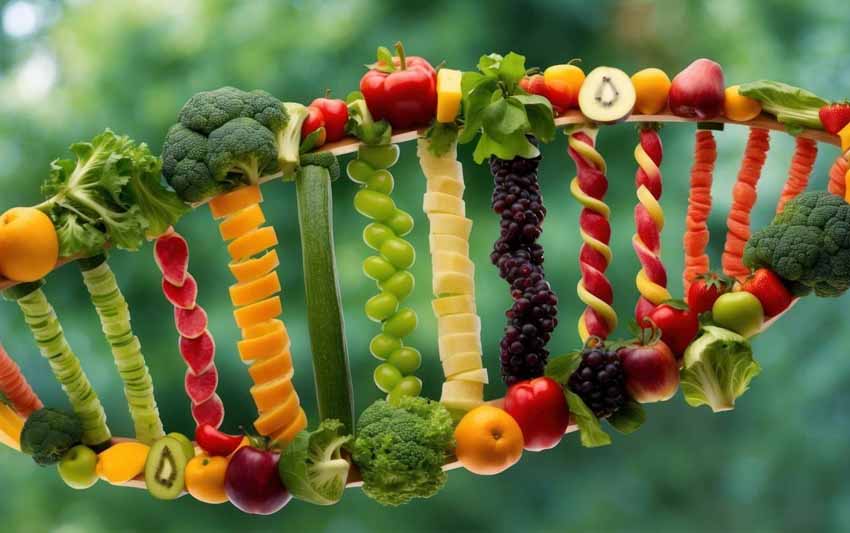Planting the Seeds of Change: Educating Kids Against Food Waste
Últimas noticias
A pioneering genetic catalogue reveals hidden biodiversity in Basque estuary sediments
Uhinak Technical Committee Sets the Key Points for the 7th International Congress on Climate Change and the Coast
“We fishermen are the ones who earn the least”
Every year, millions of tons of food are lost and wasted in Europe. This phenomenon not only has economic consequences, but also social and environmental ones: every piece of food that ends up in the bin represents wasted natural resources, energy used in vain, and a missed opportunity to move towards a more sustainable food system.
Experience has shown us that education is the most powerful tool for changing habits, and that it must start early. Today’s children are not only tomorrow’s consumers, but they can already act as agents of change in their homes and communities.
Índice de contenidos
Learning Through Play and Reflection: The Role of FoodEducators
In this journey towards greater food literacy, projects such as FoodEducators, driven by EIT Food, play a key role. The initiative provides teachers across Europe with ready-to-use teaching units, designed for classroom use through participatory activities, role-playing games, debates, and practical exercises.
Among its resources, the unit on food loss and waste stands out. It encourages students to reflect on the causes and consequences of this global challenge, and to explore solutions within their own daily reality. The novelty is that this material —already used by hundreds of teachers— is now available not only in Spanish, but also in Basque, Galician, and Catalan. This represents a step towards a more inclusive education, adapted to the linguistic and cultural diversity of our territory.
The materials include updated data, worksheets, videos, and experiments that not only support teachers’ work, but also turn students into active participants in the learning process. By reflecting, debating, and experimenting first-hand, children acquire not only knowledge, but also a critical and responsible attitude towards food waste.
Technological Innovation for Healthy Habits: The TITAN Project Pilot
It is the “360° Healthy nutritional habits tool for kids”, aimed at promoting healthy eating habits among children aged 6 to 12. The pilot is based on the creation of a nutritional chatbot tailored to children’s language and perspective, but also designed for parents and educators.
The idea is simple but powerful: to use new technologies so that children can learn about nutrition in an interactive, fun, and personalized way. The prototype, initially developed in Spanish, will also be tested in Poland, Finland, and Norway, to explore how different cultural contexts influence the adoption of healthy habits.
This tool is not only about delivering information; it also seeks to motivate real changes in eating behavior, preventing health problems linked to poor diets and, in the long term, contributing to a more balanced and sustainable food system.
Planting Awareness Today to Harvest Sustainability Tomorrow
Fighting food waste requires an integrated approach: public policies, technological innovation, business commitment, and, of course, citizen education from an early age. Projects such as FoodEducators and TITAN show that it is possible to combine participatory methodologies with digital tools to engage children, families, and communities in a much-needed shift in mindset.
By promoting participatory and family-oriented activities that are also fun and engaging, we can achieve better results. Creating knowledge and awareness will support healthier and more sustainable food choices.
